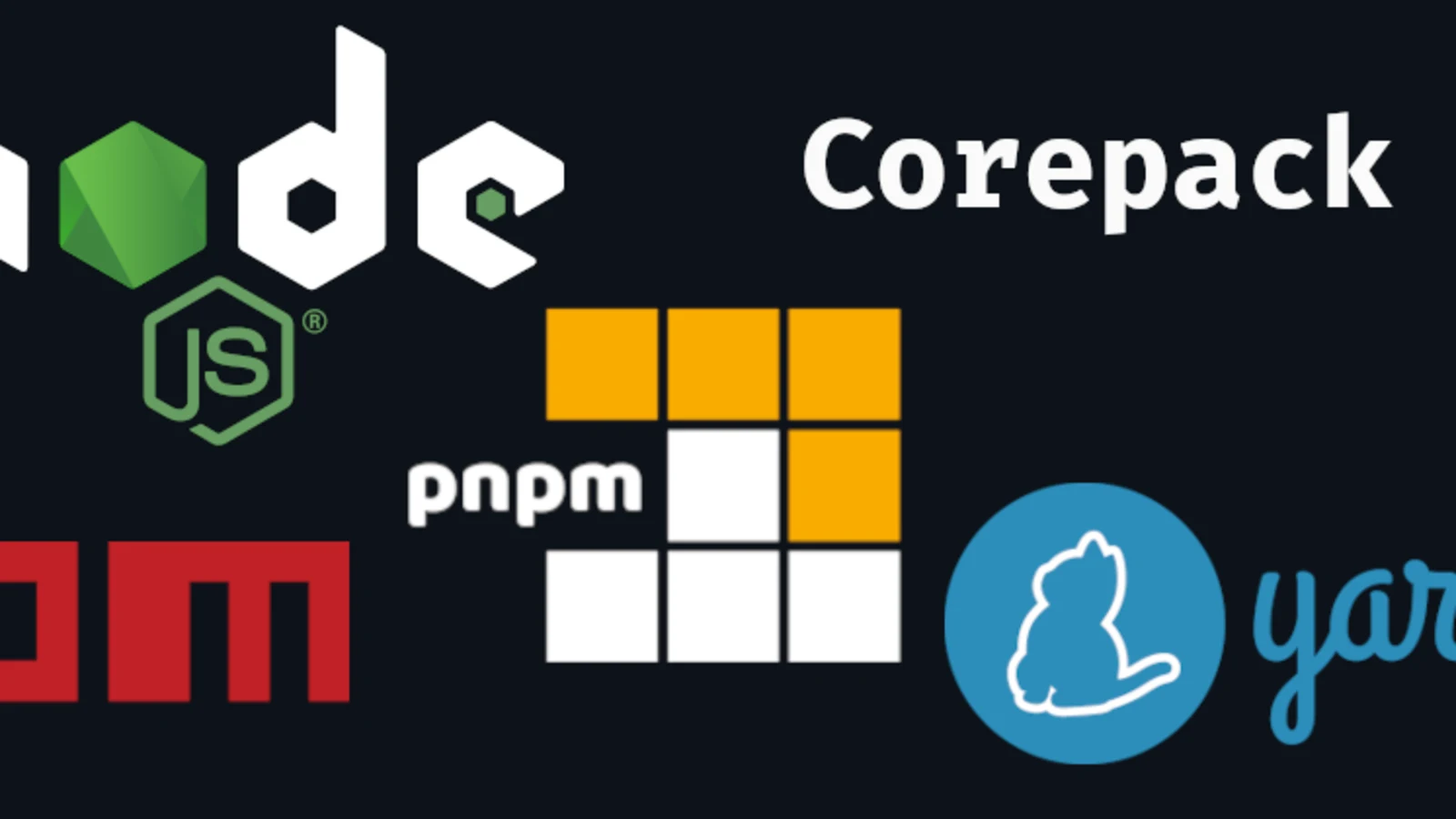Choosing the Right Tool for Managing JavaScript Packages As a Beginner
 Emmanuel Omemgboji
Emmanuel Omemgboji
If you’re new to web development or simply looking to understand the world of JavaScript package management, you might have come across terms like npm, pnpm, and yarn. These are tools used to manage the various pieces of code that your web projects rely on. Each of these tools has its own characteristics, and choosing the right one can make a big difference in how you work. Let's break it down.
What Are These Tools? 🥱
- npm (Node Package Manager):
npm functions as a package manager for JavaScript. It acts like a virtual repository where you can discover, acquire, and manage code modules for your web projects. npm has a long history and is widely adopted, often serving as the default choice for developers.
- yarn:
Yarn is similar to npm in its core purpose, serving as a package manager for JavaScript projects. However, it differentiates itself by offering performance enhancements, making it a preferred option for developers seeking improved speed and efficiency in managing dependencies.
3. pnpm:
pnpm is a relatively newer entrant in the package management arena. It distinguishes itself by adopting a unique approach to managing packages. It is particularly known for its speed and its efficient use of storage space, making it a compelling choice for projects that value these factors.
Where lies their difference? 🤔
- Installation and Caching:
npm(Node Package Manager) andyarntraditionally download and store packages in a localnode_modulesdirectory within your project. They also have global package installations.pnpmtakes a different approach and uses a single, global store for packages, which allows for more efficient storage of dependencies. It uses a technique called hard-linking to reduce disk space usage.
2. Disk Space Efficiency:
pnpmis known for its efficient use of disk space because it hard-links packages from a global store rather than copying them into each project's directory. This can result in substantial disk space savings when working on multiple projects.
3. Speed:
pnpmis generally faster than bothnpmandyarn. Since it uses a global store, it can install packages more quickly, especially when you have many projects sharing the same dependencies.yarnwas initially introduced as a faster alternative tonpm. It provides performance improvements overnpmbut is typically slower thanpnpm.
4. Lock Files:
npmuses apackage-lock.jsonfile to lock down the exact versions of dependencies, ensuring reproducibility.yarnuses ayarn.lockfile for similar purposes.pnpmuses apnpm-lock.yamlfile. It also has animportcommand for converting existingnpmandyarnlock files to thepnpmformat.
5. Concurrency:
npmandyarnrun operations sequentially by default, meaning they install packages one by one.pnpmsupports parallel package installation by design, which can significantly speed up the process, especially for projects with many dependencies.
6. Package Scripts:
- All three package managers allow you to define and run custom scripts in your
package.jsonfile. The syntax and capabilities are quite similar.
7. Community and Ecosystem:
npmis the default package manager that comes with Node.js and has a large user base. It is widely used and well-supported.yarnwas created by Facebook and is a popular alternative tonpm, with a strong community and many third-party plugins.pnpmis a more recent addition and has gained popularity due to its performance and disk space benefits, but it might have a smaller user base compared tonpmandyarn.
Summary
The choice between npm, pnpm, and yarn depends on your project's specific needs and priorities. pnpm is a strong choice if you are concerned about disk space and want fast installation times. yarn offers a balance between features and performance. npm is the default and is widely used in the JavaScript community, and it continues to improve with each new version.
Subscribe to my newsletter
Read articles from Emmanuel Omemgboji directly inside your inbox. Subscribe to the newsletter, and don't miss out.
Written by

Emmanuel Omemgboji
Emmanuel Omemgboji
I'm a passionate developer with a keen interest in web development and everything techie. I'm on a journey to explore the ever-evolving world of software technologies and share my insights along the way.